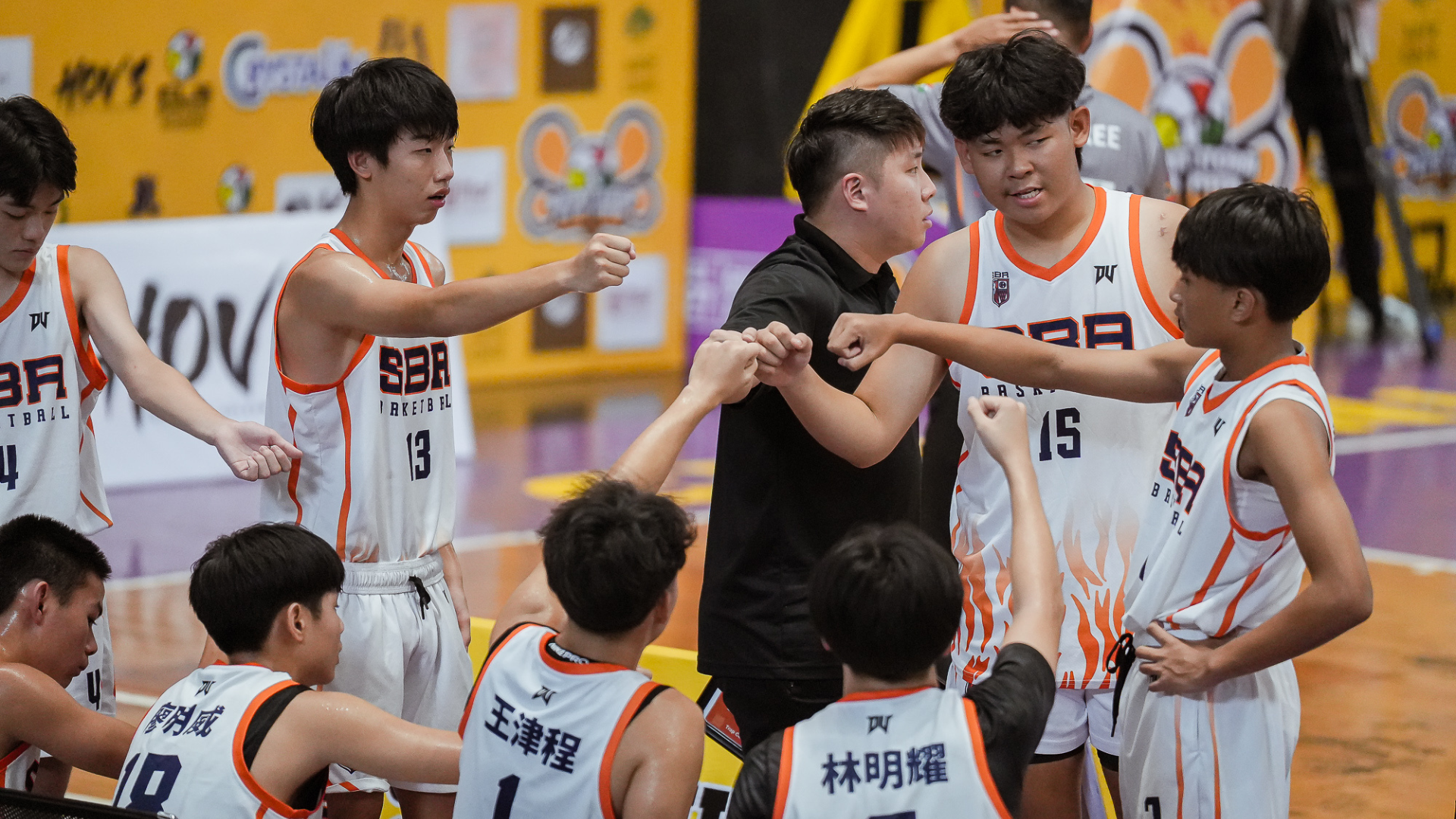Good sportsmanship is the cornerstone of competitive sports, promoting fair play, ethical behavior, and integrity. It encompasses a commitment from both coaches and athletes to embody generosity and genuine concern for others. Teaching and modeling sportsmanship are essential for developing well-rounded athletes. Here are some key focus points to guide you in instilling sportsmanship in your athletes.
Lead by Example
Coaches set the tone for sportsmanship within their teams. Demonstrate positive behavior and uphold the values of fairness, respect, and integrity during practices and competitions. Athletes often mirror their coach’s actions, making it crucial for you to exemplify good sportsmanship consistently.
Competitive Effort
- Maximize Effort: Encourage athletes to put forth their best effort in every event. This commitment fosters a culture of hard work and perseverance.
- Practice Intensity: Stress the importance of practicing skills with the same intensity they would use in competition to build confidence and competence.
- Finish Strong: Instill the value of completing every race or event, emphasizing that perseverance is key to personal growth.
Fair Play at All Times
- Rule Compliance: Ensure athletes understand and comply with all game rules. This adherence promotes fairness and integrity in the sport.
- Demonstrate Sportsmanship: Encourage athletes to display good sportsmanship, regardless of the game’s outcome. Teach them to respect the decisions of officials at all times, even when they disagree.
Expectations of Coaches
- Model Behavior: As a coach, your behavior influences both participants and fans. Maintain a professional demeanor and set an example of sportsmanship.
- Teach Responsibilities: Clearly instruct athletes on their responsibilities regarding sportsmanship and ethics, emphasizing their importance in every practice and game.
- Respect Opponents and Officials: Treat opposing coaches, players, and officials with respect. Publicly acknowledge officials and coaches, fostering an environment of mutual respect.
- Implement Consequences: Develop and enforce consequences for any athlete who fails to meet sportsmanship standards to maintain a culture of respect.
Expectations of Athletes
- Respect Teammates: Encourage athletes to support one another, especially when mistakes occur. A positive team environment fosters growth.
- Honor Opponents: Teach athletes to shake hands with opponents before and after contests, reinforcing respect and camaraderie.
- Represent with Pride: Emphasize the privilege and responsibility of representing your organization. Define winning not just by the scoreboard but by personal improvement.
- Model High Standards: Encourage athletes to uphold the sportsmanship standards established by their coaches, both on and off the field.
Coaching Tips
- Discuss Etiquette: Engage athletes in conversations about basketball etiquette, such as congratulating opponents and managing emotions during games.
- Emphasize Turn-Taking: In field events, teach the importance of waiting for their turn to ensure fairness and respect for all competitors.
- Reinforce Lane Discipline: During running events, remind athletes to stay in their designated lanes to promote integrity in competition.
- Recognize Sportsmanship: Create awards or recognition programs for demonstrating good sportsmanship. Commend athletes when they exhibit respectful behavior.
Sportsmanship is more than just a set of rules; it’s an attitude reflected in how athletes conduct themselves both on and off the court. By cultivating an environment of respect, positivity, and ethical behavior, coaches and athletes alike can enhance their sports experience.
To further promote these values and develop essential basketball skills, consider enrolling in the Scholar Basketball Academy. Our SBA programs offer comprehensive training that emphasizes sportsmanship, teamwork, and personal growth. Join us today to elevate your game and embody the spirit of good sportsmanship!

